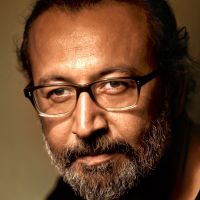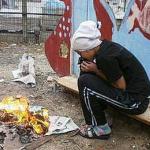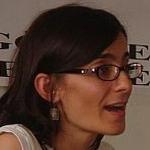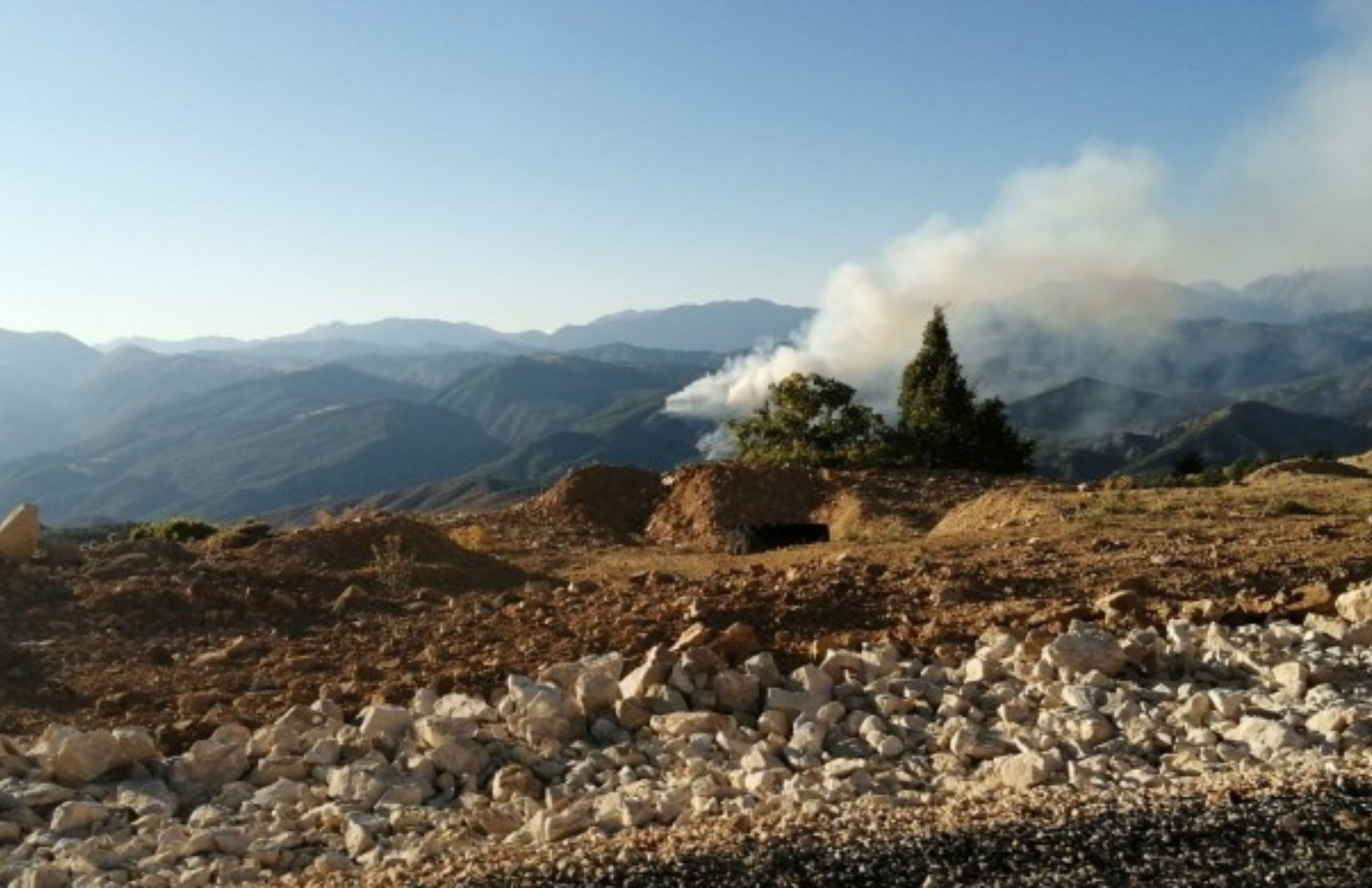Psychologist Zubeyit Gun, said the forced Kurdish migration is discussed on a macro level. He argued the issue is not discussed in terms of the children, teenagers and the youngsters, who are most affected by trauma caused by migration. He said there are no studies on this particular issue.
One of the sessions of the meeting on "Turkey's Kurdish Question: The Quest for Democratic and Civilian Solutions (I)" by the Helsinki Citizens' Assembly and the Empathy Group, was on "Migration, Psychological and Social Consequences."
During the panel directed by journalist-writer Ali Bayramoglu, the speakers besides Gun, were Bilgin Ayata, who has a doctorate degre in John HopkinsUniversity, Assistant Associate-Professor Doctor Ayse Betul Celik from the Sabanci University, doctorate student Engin Sustam and lawyer Rojbin Tugan.
Bayramoglu: There is need for new non-political formations
Bayramoglu argued that the Kurdish problem, up to today, has been handled by the hegemony of politics. He said many social, cultural and economic developments have taken place in the 25 years since the clashes began and added there is need for new non-political formations.
According to Bayramoglu, the most important aspect of the Kurdish problem is the mass migration process. He said this process gives rise to four main problems:
* The formation of "cultural ghettos" stretching from Adana to Thrace.
* The formation of a chaotic modernization "individualization" besides the traditional texture, in the middle-sized metropolitan cities in Southeastern Turkey. The clash of a pluralist political structure and a singular structure.
* The change in rural areas. The contrast and militarization arising from the class-based structure created by the state.
* The Kurdish settlements due to the migration to big cities and the social and cultural split and individual problems arising from this.
Ayata: The liability of those responsible of the migration is remaining covert
Bilgin Ayata said forced migration continues to be an invisible problem in public space."Not seeing and invisibility. The victims of migration are engraved in the society's conscious as individual dangers such as stealers, paint thinner abusers, homeless children," said Ayata. "The liability of those responsible of the migration is remaining covert."
Ayata said the government has taken some steps about forced migration, which has become an international problem since 2002. However, she said these steps are directed at managing the problem rather than solving it.
"It doesn't seem possible to solve the problem of forced migration through pragmatic moves that are considered separate from the Kurdish problem," said Ayata.
Celik: People want the state to shoulder the responsibility
Assitant Associate Professor Doctor Ayse Betul Celik argued that 'return' is a notion that has wider social, cultural and psychological dimensions than the 'physical return.'
Celik listed the conditions of an ideal return: "Restructuring, rehabilitation, agreement, permanent peace, dialogue between disagreeing circles."
Celik argued that the people in the region do not believe that the steps to accommodate return taken within the framework of the European Union process are genuine. "People who are caught between the PKK and the state feel like 'orphan children,'" said Celik. "The most important consequence of the tension is the lack of trust. The people want the state to shoulder the responsibility."
Gun: There is need for a comprehensive solution
Gun said the migration, besides psychological trauma, causes problems in the development of identity, communication with parents, success in school, and sleeping in children. He gave information on the study they are conducting about the effects of migration on children, teenagers and the young.
"In the study, we distinguished between regional migration and migration to metropolitan cities," said Gun. "In migration to metropolitan cities, there is also the aspect of facing a new culture. We have also seen that self-respect is more developed in children who speak in their mother tongues. The time of migration is also a determining factor."
Gun added the Kurdish policy contributes to make the trauma permanent. He said there is need for a comprehensive solution that sees forced Kurdish migration as a natural disaster.
"There is racism in every aspect of life," argued Gun. He said children are affected more by racism and insult and added there is need to work on empathy to prevent this.
Gun also drew attention to the fact that an important number of the young people in metropolitan cities do not want to return. He called for the creation of tampon regions to help integrate these people into the cities.
Sustam: Kurds should face their denied history
Doctorate student Engin Sustam, argued that the political Kurdish engagements and the state are hollowing Kurdish.
Sustam said writing in Kurdish is a political choice. "Kurds need to face with their denied history," he added.
Lawyer Rojbin Tugan talked about the migration experiences and pain of women of Hakkari by telling the story of a woman named Ayse, whose brother was killed by the PKK for being a "traitor," whose son has been in prison for the last 15 years and who has been forced to migrate from her village. (KO/EO)







